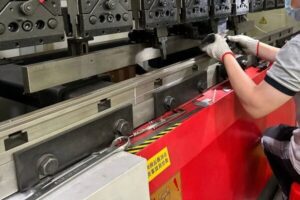
Sheet Metal Fabrication Services That Meet Australian Standards
Meeting local standards is a key concern for companies that import or make sheet metal parts for the Australian market. Parts that do not meet
We regularly update articles related to the manufacturing industry.

Meeting local standards is a key concern for companies that import or make sheet metal parts for the Australian market. Parts that do not meet
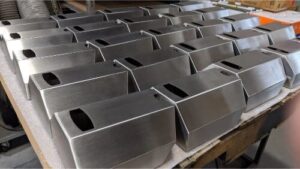
Medical devices must be reliable, easy to clean, and meet strict safety standards. Even a minor malfunction can jeopardize patient safety or result in costly
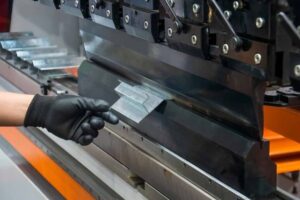
When creating sheet metal prototypes, achieving precise bending is often one of the biggest challenges for engineers. Even a slight deviation in a bend can
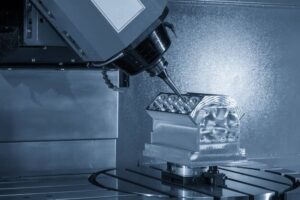
Machining complex parts is never an easy task. Engineers and manufacturers work with tight tolerances, intricate shapes, and demanding material requirements daily. Many projects fail
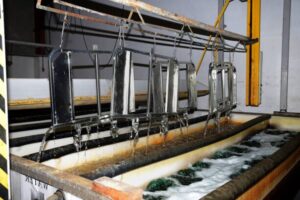
When selecting zinc plating for metal parts, the distinction between Type I and Type II can have a significant impact on performance, durability, and cost.
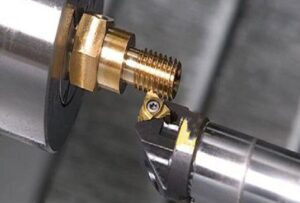
Designing threads might seem simple, but many CNC parts fail because the threads were not planned properly. A poorly designed thread can strip, misalign, or
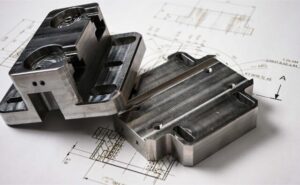
CNC machining is a fast, accurate, and flexible process. But even small design mistakes can cause big problems. Parts with intricate shapes, tight fits, or
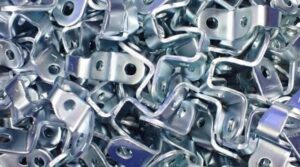
Surface finishing is an essential step in sheet metal fabrication. Even if a part is cut, formed, and welded perfectly, its performance and look still
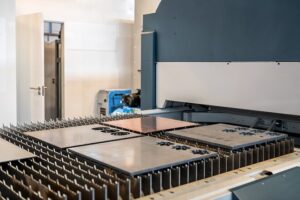
Rising fabrication costs can strain any project. These expenses often stem from material waste, inefficient designs, or slow production. High costs not only affect pricing
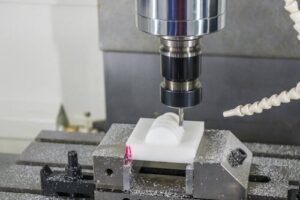
CNC machining is a great way to make precise parts, but costs can rise quickly if small details are overlooked. Many engineers and designers focus
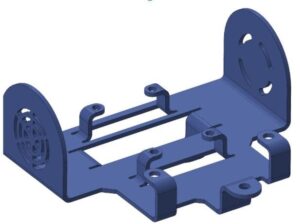
Controlling common sheet metal design pitfalls is one of the best ways to save time, reduce scrap, and produce parts that perform well. Design for
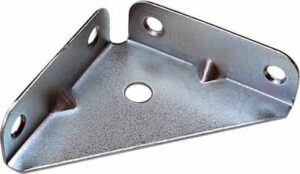
Many sheet metal assemblies encounter the same problems. Parts can be difficult to put together, joints may not hold well, and costs often go up.
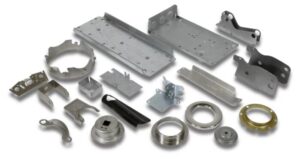
Sheet metal is used everywhere—from equipment panels to electronics enclosures. Yet many designs still face the same problems: higher costs, wasted material, and harder-to-assemble parts.
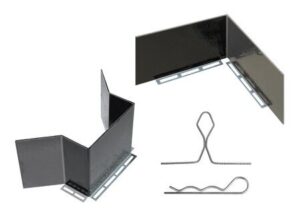
Designing sheet metal parts can be frustrating. Small mistakes in the design often waste materials, increase costs, and cause delays. Engineers and manufacturers frequently face
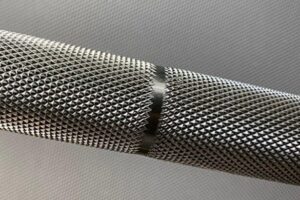
Knurling is a machining process that creates raised patterns on metal surfaces. It improves grip, adds a decorative touch, and can help with press fits. The method uses special tools to roll or cut patterns directly into the material.
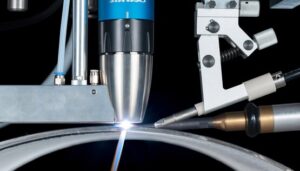
Plasma arc welding is a process that uses a focused arc to create a very hot plasma jet. This jet melts the metal and forms the weld. Depending on the setup, the arc forms between a tungsten electrode and the workpiece or between the electrode and a nozzle.
We will contact you within 1 working day, please pay attention to the email with the suffix”@goodsheetmetal.com”